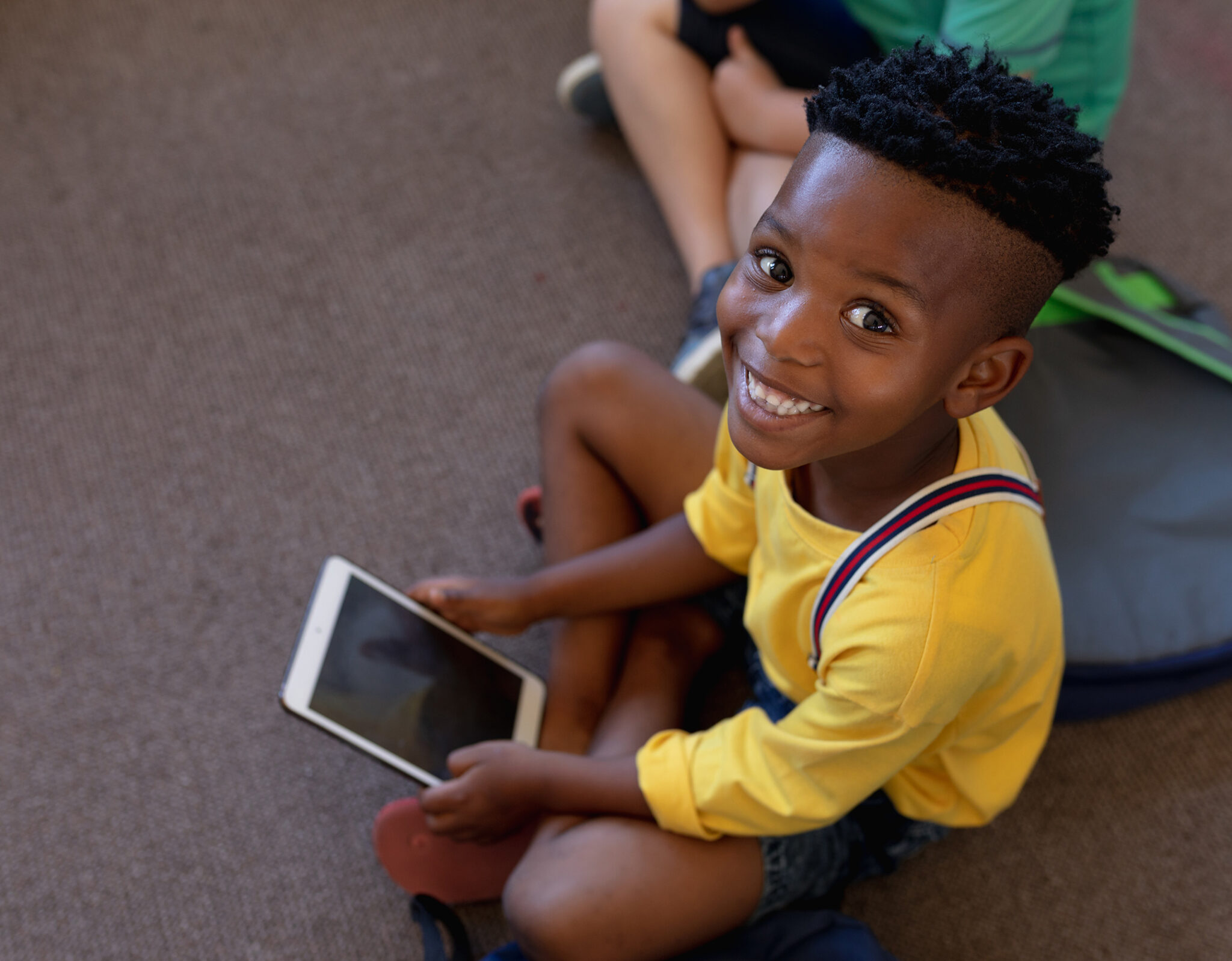The Invincible Victims: The Urgent Need to Protect Children of Incarcerated Parents
In Uganda’s pursuit of inclusive development, one vulnerable group remains overlooked: the children of incarcerated parents. While the nation focuses on poverty alleviation, education, and healthcare, these children, innocent of any crime, are paying the price for their parents’ mistakes. With Uganda’s prison population swelling and female incarceration rates rising, the hidden crisis of these children can no longer be ignored. Their plight is not just a social issue; it is a threat to Uganda’s future stability and prosperity.
The Silent Suffering of Uganda’s Youngest
In Uganda, where extended family networks traditionally provide safety nets, children of incarcerated parents often fall through the cracks. The consequences are severe:
– Psychological Trauma: Parental separation due to incarceration leaves children, especially those in early childhood, vulnerable to lasting emotional scars. Studies show such trauma can impair cognitive development and increase risks of mental health disorders.
– Education Interrupted: Many of these children are forced to drop out of school due to stigma, financial hardship, or relocation. Uganda’s already strained education system lacks targeted support to reintegrate them.
– Deepening Poverty: With a parent behind bars, families lose a critical breadwinner, pushing children into child labor or early marriages as survival strategies.
Why Uganda’s Systems are Failing these Children
- Overburdened Prisons, Broken Families:
– Uganda’s prisons are overcrowded, with limited provisions for maintaining parent-child bonds. Many incarcerated mothers report being separated from their infants, violating the children’s right to care.
– Alternatives to imprisonment, such as community service for non-violent offenders (especially primary caregivers), are underutilized.
- Weak Social Protection:
– Uganda’s child welfare systems lack specific policies for children of incarcerated parents. They are often absorbed into overstretched kinship care, where their unique needs go unmet.
– Programs like the Uganda Women’s Empowerment Programme (UWEP) do not explicitly target these children, leaving them without psychosocial or economic support.
- Stigma and Silence:
– These children face societal shame, labeled as “children of criminals,” which isolates them further. Cultural norms discourage discussing incarceration, leaving families to suffer in silence.
A Path Forward: Uganda-Specific Solutions
- Justice Reforms with a Child Rights Lens
– Expand the use of non-custodial sentences for parents of young children, particularly mothers, as outlined in Uganda’s Sentencing Guidelines.
– Pilot “child-friendly” visitation policies in prisons, allowing regular, trauma-informed contact between incarcerated parents and their children.
- Strengthen Social Services
– Train probation officers, community development workers, and teachers to identify and support these children, linking them to counseling and education programs.
– Leverage existing structures like Village Health Teams (VHTs) to monitor their well-being and connect families to social grants.
- Break the Stigma Through Awareness
– Partner with local leaders, religious institutions, and media to challenge stereotypes about these children, emphasizing their right to dignity and opportunity.
– Showcase success stories of rehabilitated parents and their children to shift public perception.
- Data and Advocacy
– The Ugandan government must collect disaggregated data on children affected by parental incarceration to design targeted interventions.
– Civil society organizations should advocate for policy reforms, using frameworks like the Children’s Act and international conventions Uganda has ratified.
The Cost of Neglect
Failing these children undermines Uganda’s Vision 2040 and the National Development Plan (NDP III), which aim to reduce inequality and build human capital. Left unsupported, these children are more likely to perpetuate cycles of poverty, crime, and instability—outcomes Uganda cannot afford.
A Call to Action
Uganda must recognize that justice cannot stop at the prison gate. Protecting children of incarcerated parents is not just an act of compassion; it is an investment in the nation’s future. By reforming policies, strengthening social services, and confronting stigma, Uganda can ensure that no child is left behind, regardless of their parents’ past.
The measure of Uganda’s justice system will not be in its prisons, but in how it treats its most innocent citizens.

Thanks for providing such a helpful and timely resource! I’m looking forward to reading more of your insights. I hope this is helpful! Let me know if you’d like me to make any adjustments or provide additional options.